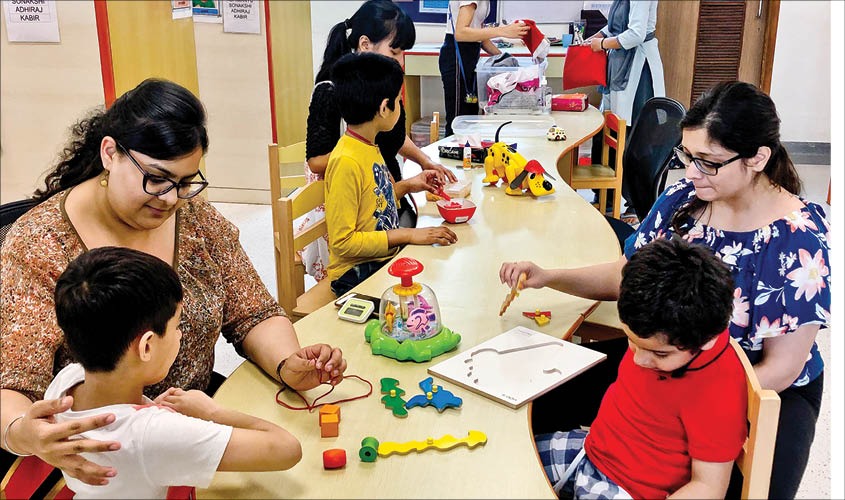An Autism Centre plays a vital role in supporting individuals on the autism spectrum, their families, and the wider community. Autism Spectrum Disorder (ASD) is a neurodevelopmental condition characterized by differences in social communication, behavior, and sensory processing Behaviour therapy in Gurgaon. With increasing awareness and diagnosis, specialized centers dedicated to autism have become essential resources for diagnosis, therapy, education, and advocacy.
What is an Autism Centre?
An Autism Centre is a specialized facility designed to provide comprehensive services tailored to the needs of individuals with autism. These centers often offer a range of supports including early diagnosis, behavioral therapy, speech and occupational therapy, social skills training, and educational programs. The goal is to enhance the quality of life and promote independence for people with autism.
Key Services Provided
-
Assessment and Diagnosis
Early diagnosis is crucial in managing autism effectively. Autism Centres typically have trained clinicians such as psychologists, developmental pediatricians, and speech therapists who conduct thorough assessments to diagnose ASD. -
Therapeutic Interventions
Evidence-based therapies like Applied Behavior Analysis (ABA), speech therapy, occupational therapy, and sensory integration are often offered to help individuals develop communication skills, motor abilities, and social interactions. -
Educational Support
Many Autism Centres collaborate with schools or run their own educational programs tailored for children and young adults with autism. These programs focus on individualized learning plans to accommodate different learning styles and needs. -
Family Support and Training
Families play a crucial role in supporting individuals with autism. Autism Centres often provide training, counseling, and support groups for families to equip them with strategies to manage challenges and promote positive development. -
Community and Advocacy
Autism Centres may also engage in community awareness campaigns, advocate for inclusive policies, and help integrate individuals with autism into society through vocational training and social programs.
Why Are Autism Centres Important?
-
Early Intervention Improves Outcomes: The sooner autism is identified and intervention begins, the better the developmental outcomes, helping individuals achieve greater independence.
-
Specialized Expertise: Autism Centres bring together multidisciplinary teams with specialized knowledge and skills, ensuring tailored and effective support.
-
Holistic Approach: These centers address not just the individual’s needs but also the family and community environment, creating a more supportive network.
-
Reducing Stigma: By raising awareness and educating the public, Autism Centres help reduce misunderstandings and stigma associated with autism.
-
Lifelong Support: Autism is a lifelong condition, and centres provide ongoing support to help individuals transition through different life stages.
Looking Ahead
As understanding of autism continues to grow, Autism Centres are evolving to meet new challenges. Integrating technology, expanding teletherapy, and focusing on adult autism services are emerging trends. The goal remains clear: to empower individuals with autism to live fulfilling lives and to foster a society that values neurodiversity.
